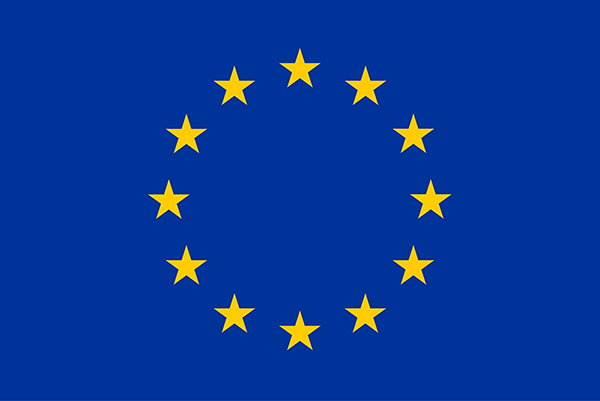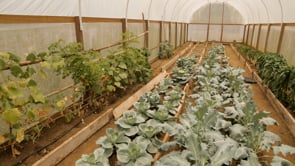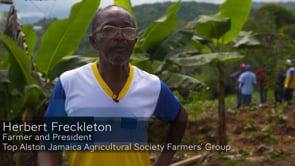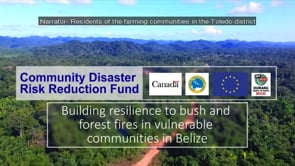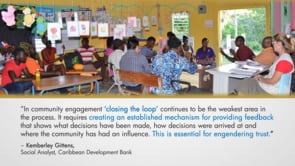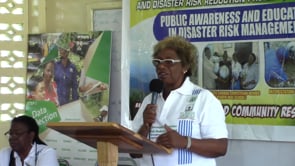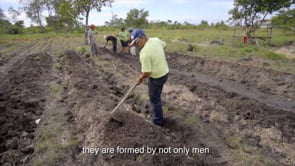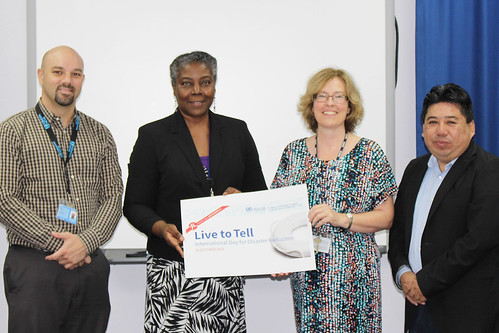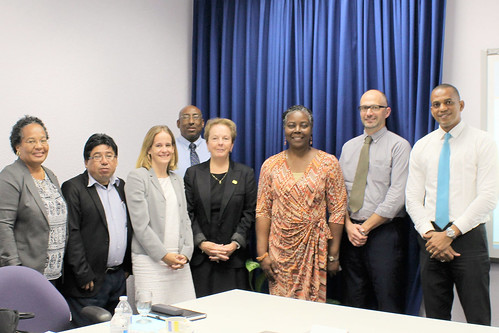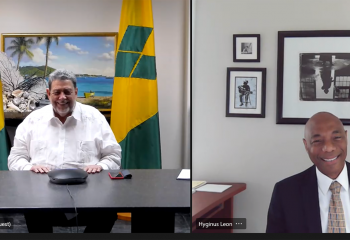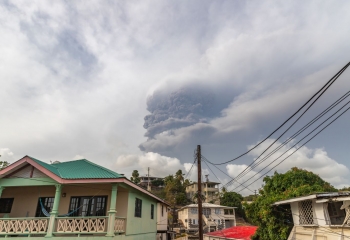Overview
WHO WE ARE
The Community Disaster Risk Reduction Fund (CDRRF) finances projects which reduce the impacts of natural hazards and support climate change adaptation in communities across the Caribbean. It is a multi-donor trust fund managed by the Caribbean Development Bank (CDB), with contributions from the Government of Canada, the European Union and the CDB.
WHAT WE DO
CDRRF finances community-driven projects, selected through a competitive process, that are aimed at reducing natural hazard and climate change impacts. These projects target farmers, fisherfolk, small business owners and employees, youth and the elderly in these communities through infrastructure improvements, hazard and vulnerability assessments and training initiatives. Currently, CDRRF finances and supports eight projects in four countries – Belize, British Virgin Islands, Jamaica and Saint Vincent and the Grenadines.
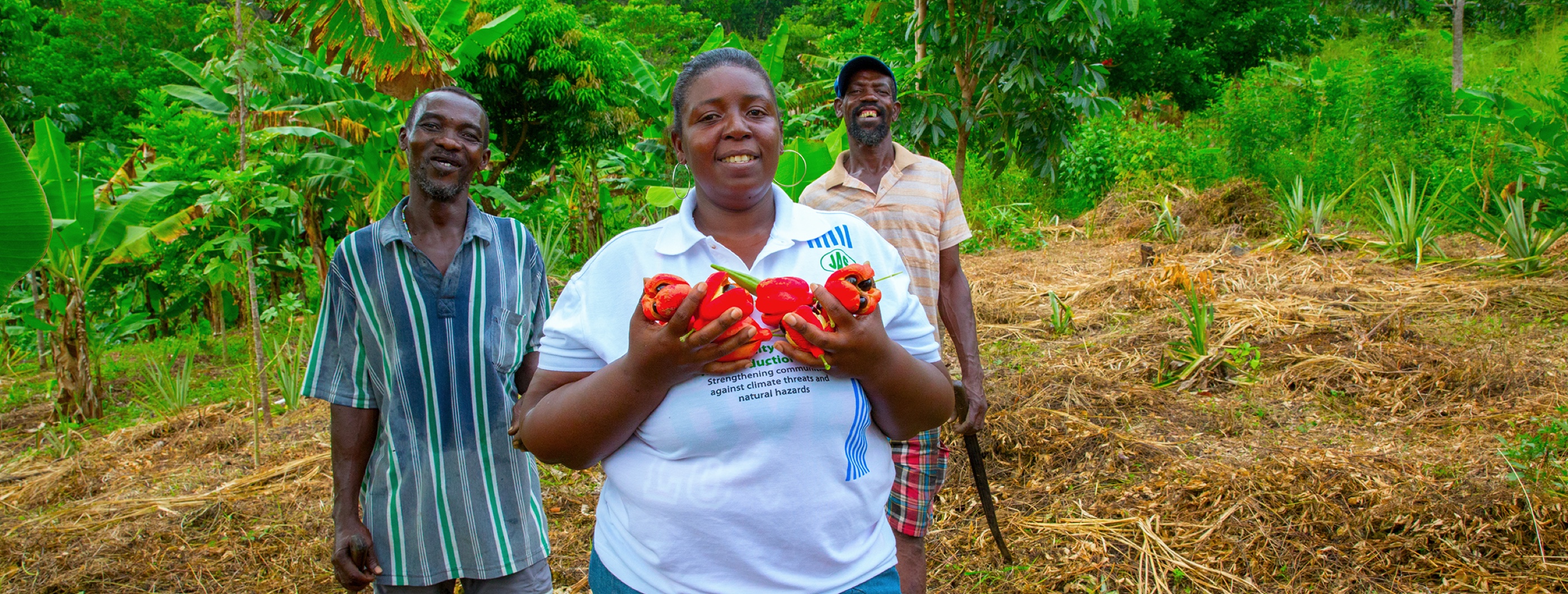
Community Projects
- British Virgin Islands - Establishing Flood-Resilient Smart Communities through Non-Governmental Organisation Partnerships
- Jamaica - Trinityville Area Integrated Land Management and Disaster Risk Reduction Project, St. Thomas
- St. Vincent and the Grenadines: Volcano-Ready Communities in St. Vincent and the Grenadines Project
Community Engagement
Effective community engagement encourages accountability, transparency, participation and inclusion. This type of continuous engagement at the community level has proven to be a key factor in the success and sustainability of CDRRF-funded projects and, as a result, is now being applied in community-based projects across the region. The process is being used by the Community Development Division in Saint Vincent and the Grenadines, the Department for Rural Development in Belize, the Social Development Department in the British Virgin Islands and the Social Development Commission in Jamaica.
Enhanced Country Poverty Assessments
The Enhanced Country Poverty Assessment (eCPA) aims to identify policies, programmes and strategies that improve living conditions and reduce the severity of poverty and vulnerability of households and communities in the Caribbean. Through the eCPA, financially supported by CDRRF, CDB has developed a toolkit to facilitate its 19 Borrowing Member Countries (BMCs) in undertaking all components of the assessment. The toolkit incorporates climate change, climate variability, disaster risk reduction and management considerations in its design. Furthermore, the toolkit strategically mainstreams gender analysis in understanding the multi-faceted and differential impacts of natural hazards on the sexes, and enhances BMCs’ ability to target interventions aimed at building resilience.
Videos
Photos
PARTNERS

